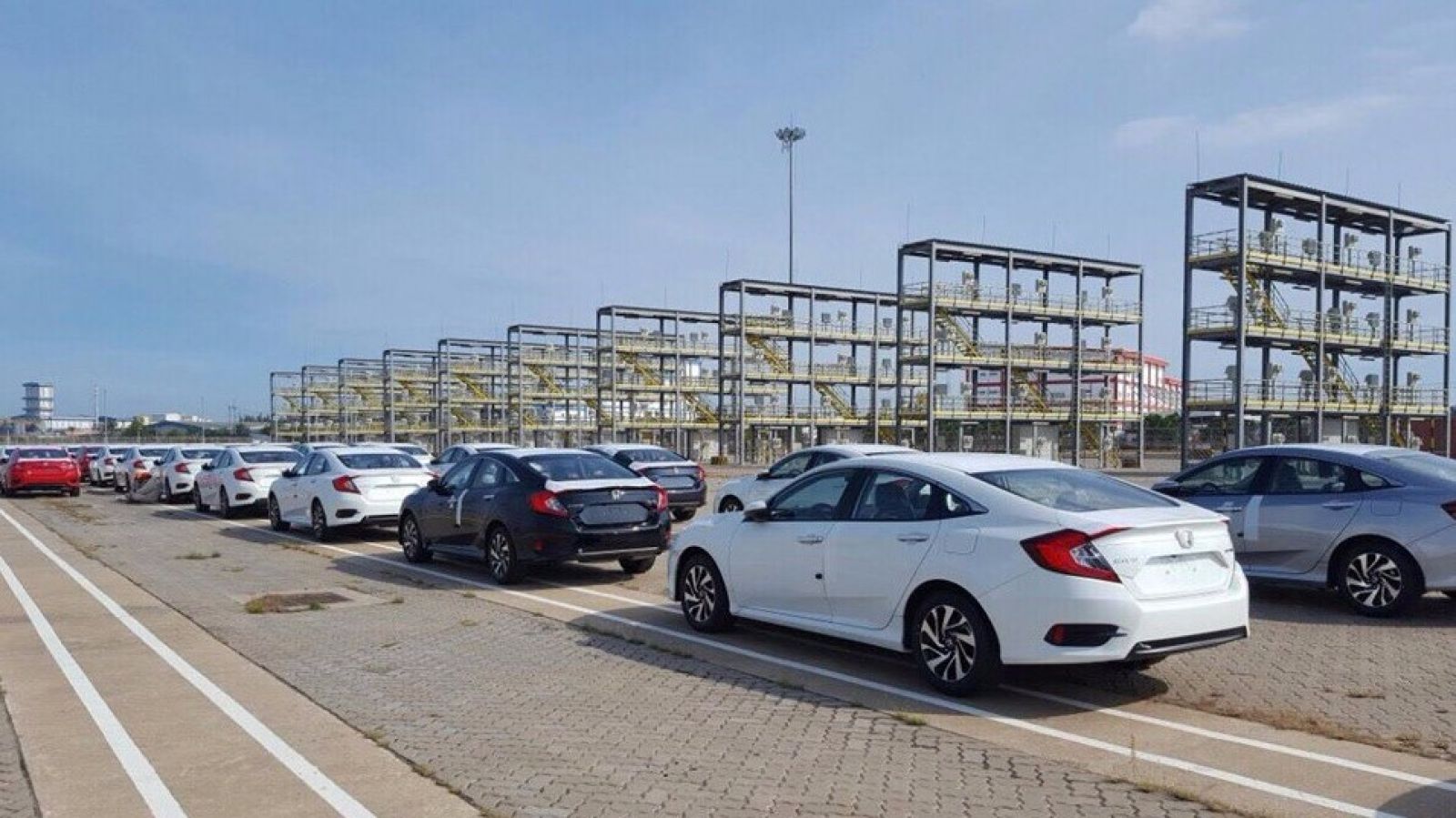 |
|
Tax authorities clamping down on foreign evaders (illustration photo)
|
Hanoi Tax Department and its peer in Ho Chi Minh City revealed last week that thousands of foreign-invested enterprises (FIEs) are failing to keep up with regulatory demands. The published list of groups is part of Vietnamese authorities stepping up investigations into the tax affairs of such enterprises, which account for a growing share of suspected underpayment by large businesses.
The Hanoi tax authorities say they are closely co-operating with the media to ensure offending companies are known to the public.
“Multinational corporations might use various schemes to avoid paying taxes in Vietnam, where they make vast revenues. But it is intrinsically difficult to detect tax avoidance or evasion,” economist Nguyen Tri Hieu told VIR.
World Economic Forum research shows $420 billion in corporate profits shift out of 79 countries annually, as seen in the cases of some high-profile names operating in Vietnam such as Adidas and Coca-Cola.
Adidas, whose subsidiary was set up in Vietnam in 2009, officially registered its business in the country as a wholesaler, but it was found to have expense items like a retailer.
The existence of intermediary costs, such as 8.25 per cent of transaction value in commission to Adidas International Trading B.V, increases the import costs of Adidas products.
Experts have expressed concern that Adidas may be avoiding a huge number of tax bills by the price charged on transactions between different parts of the same company, to keep its profit out of the Vietnamese tax net.
Identifying exactly where profits are generated is complex, and has become only more so as supply chains become more global. Notwithstanding, some FIEs have mostly preferred to stay quiet on the latest episode of tax obligations.
The Singaporean arm of Sumitomo Mitsui Trust Bank Ltd., which also operates in Hanoi, is alleged to owe around VND141.5 million ($6,150). South Korean manufacturer Hanla Level Co., Ltd. also failed to pay VND572 million ($24,850) in tax obligations, as cited by Hanoi Tax Department.
Previously, Vietnam’s General Department of Taxation (GDT) had to force Thai giant Central Group to pay VND2 trillion ($87 million) in taxes for BigC, a supermarket operating in Vietnam for a decade. Central Group acquired BigC in 2016 in a move to increase its global footprint.
According to the Ministry of Finance, just over half of a total of operating 16,000 FIEs in Vietnam report losses. However, it may be seen as ironic that despite misfortune in the local market, many have ramped up business expansion, such as beverage icons Coca-Cola and PepsiCo.
The heightened scrutiny of multinationals is partly a response to public backlash against tax avoidance, highlighted recently by the tax departments of both Hanoi and Ho Chi Minh City.
Fresh statistics from the OECD reveal that the revenue loss associated with tax issues was equal to 1 per cent of Vietnam’s GDP, roughly over $2.15 billion.
With tax-related rules yet to be agreed, local authorities are trialling ways to prevent multinationals from structuring affairs in order to divert profits to low tax jurisdictions, particularly in companies with little physical presence.
“The government will definitely carry out the post-test system that could total up the number of transactions of any platform, soon because of its huge advantage for flourishing the digital economy,” Nguyen The Trung, deputy head of Technology Solutions and Security for Local E-government, told VIR.
Warrick Cleine, chairman and CEO of KPMG Vietnam and Cambodia, pointed out the tax-related obstacles that FIEs struggle to adapt to when doing business in Vietnam.
“First, continual tax reform puts foreign investors in uncertainty. Second, compliance procedures can be quite time consuming and require resources and cost. Last but not least, it is how FIEs react when a tax dispute arises,” said Cleine.
“Digitalisation makes it hard to determine the location of the businesses’ activity, while globalisation has made it easy for them to establish operations in jurisdictions with low tax rates,” said Nguyen Van Phung, director of the GDT’s Large Enterprise Tax Management Department.
Some market watchdogs noted that frontier and emerging markets, including Vietnam, would gain taxing rights over multinational corporations. However, it remains difficult to reach an intergovernmental approach for taxation. In fact, some countries have decided to go it alone in this bid, such as France’s plan of a 3 per cent charge on turnover to businesses with revenues of more than $845 million globally.
Kieu Anh Vu, founder and director at KAVLawyers said, “A slew of FIEs here work in import and export, so they are familiar with tax issues in this regard. It is necessary to issue a regime that enhances collaboration with overseas authorities to put tax-debt cases under review. Vietnamese regulators should act boldly to combat illegal tax roadblocks. New tax treaties could effectively allocate more profit to Vietnam.”
Johan Langerock of Oxfam Tax Policies suggested Vietnam should eliminate tax incentives to build a fairer market. “The burgeoning tax deficits are large enough to give Vietnamese regulators an incentive to clamp down on avoidance,” he said. “FIEs, on the other hand, would find it harder to shift profits to low tax rate locations.” VIR

Vietnam forgoes US$536.83 million tax under FTA commitments
The contribution of import duty to customs revenue has been declining over the past few years, from 21.85% in 2017 to 17.4% in 2018 and 16.7% in 2019.

Personal income tax too high for low-income earners
Under the current PIT law, pho sellers and taxi motorbike taxi drivers have to pay tax.
 Foreign-invested enterprises will no longer be allowed to ignore their tax obligations as Vietnamese tax departments step up action on duty-dodging businesses.
Foreign-invested enterprises will no longer be allowed to ignore their tax obligations as Vietnamese tax departments step up action on duty-dodging businesses.